In the realm of cinema, biopics often provide a window into the lives of individuals who have challenged societal norms, faced extraordinary circumstances, or lived through controversial events. This curated list of 10 films focuses on those that tackle taboo subjects, offering viewers not just entertainment but also a deeper understanding of human nature, resilience, and the complexities of life. Each film in this collection has been chosen for its ability to provoke thought, inspire discussion, and shed light on subjects often shrouded in silence or stigma.
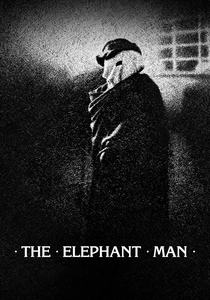
The Elephant Man (1980)
Description: This film portrays the life of Joseph Merrick, a man with severe deformities, who was exhibited as a human curiosity in Victorian England. It explores themes of compassion, humanity, and the societal treatment of those considered "different."
Fact: The film was nominated for eight Academy Awards, including Best Picture.
 Watch Now
Watch Now

Frida (2002)
Description: A vibrant portrayal of Frida Kahlo's life, focusing on her tumultuous relationship with Diego Rivera, her physical and emotional pain, and her groundbreaking art, which often dealt with taboo subjects like miscarriage and disability.
Fact: Salma Hayek, who played Kahlo, was nominated for an Academy Award for Best Actress.
 Watch Now
Watch Now
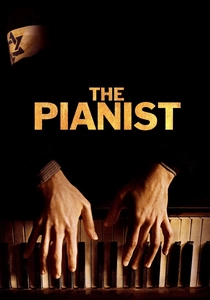
The Pianist (2002)
Description: Based on the true story of Władysław Szpilman, a Polish-Jewish pianist who survived the Holocaust by hiding in the ruins of Warsaw. It explores survival, identity, and the human spirit in the face of genocide.
Fact: The film won the Palme d'Or at the Cannes Film Festival and three Academy Awards, including Best Director for Roman Polanski.
 Watch Now
Watch Now
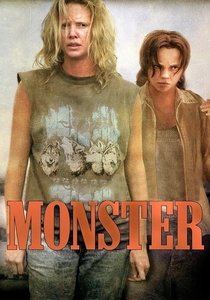
Monster (2003)
Description: Based on the life of Aileen Wuornos, a prostitute who became a serial killer, this film examines the dark side of human nature, societal neglect, and the cycle of abuse and violence.
Fact: Charlize Theron won an Oscar for Best Actress for her transformative role as Wuornos.
 Watch Now
Watch Now
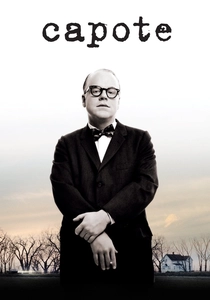
Capote (2005)
Description: The film focuses on Truman Capote's research for his book "In Cold Blood," delving into the ethical dilemmas of true crime writing and Capote's complex relationship with the killers.
Fact: Philip Seymour Hoffman won an Academy Award for Best Actor for his role as Capote.
 Watch Now
Watch Now
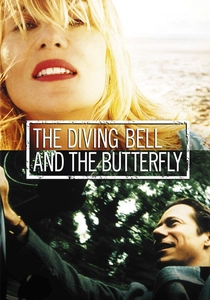
The Diving Bell and the Butterfly (2007)
Description: This film tells the story of Jean-Dominique Bauby, the editor of French Elle magazine, who suffers a massive stroke and is left with locked-in syndrome, able to communicate only by blinking his left eye. It's a poignant exploration of disability, communication, and the human spirit.
Fact: The film was shot from the perspective of Bauby, with the camera representing his point of view, making the audience feel his isolation and struggle.
 Watch Now
Watch Now
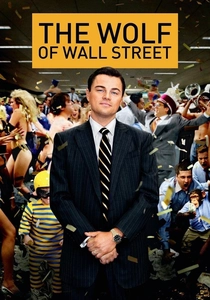
The Wolf of Wall Street (2013)
Description: While not strictly a biopic, this film is based on the real-life excesses of Jordan Belfort, exploring themes of greed, corruption, and the moral decay of the financial world.
Fact: The film was nominated for five Academy Awards, including Best Picture.
 Watch Now
Watch Now

The Sessions (2012)
Description: The story of Mark O'Brien, a poet paralyzed from the neck down, who seeks sexual intimacy through a sex surrogate. The film tackles the taboo of disability and sexuality with sensitivity and humor.
Fact: The film was adapted from O'Brien's own essay "On Seeing a Sex Surrogate."
 Watch Now
Watch Now
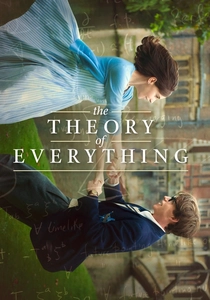
The Theory of Everything (2014)
Description: This film chronicles the life of physicist Stephen Hawking, focusing on his relationship with his wife Jane, his battle with motor neurone disease, and his groundbreaking work in cosmology.
Fact: Eddie Redmayne won an Academy Award for Best Actor for his portrayal of Hawking.
 Watch Now
Watch Now
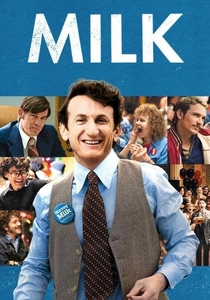
Milk (2008)
Description: A biopic about Harvey Milk, the first openly gay elected official in California, who fought for gay rights in the 1970s. The film delves into the taboo of homosexuality during that era and Milk's tragic assassination.
Fact: Sean Penn won an Academy Award for Best Actor for his portrayal of Harvey Milk.
 30 Days Free
30 Days Free









